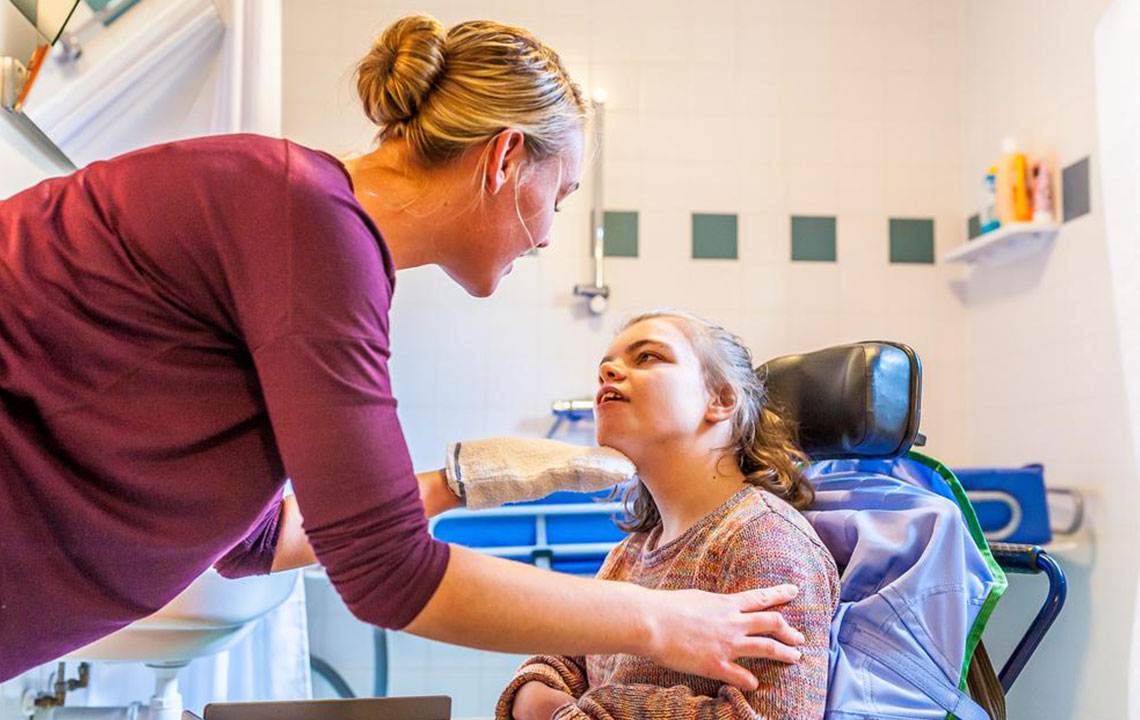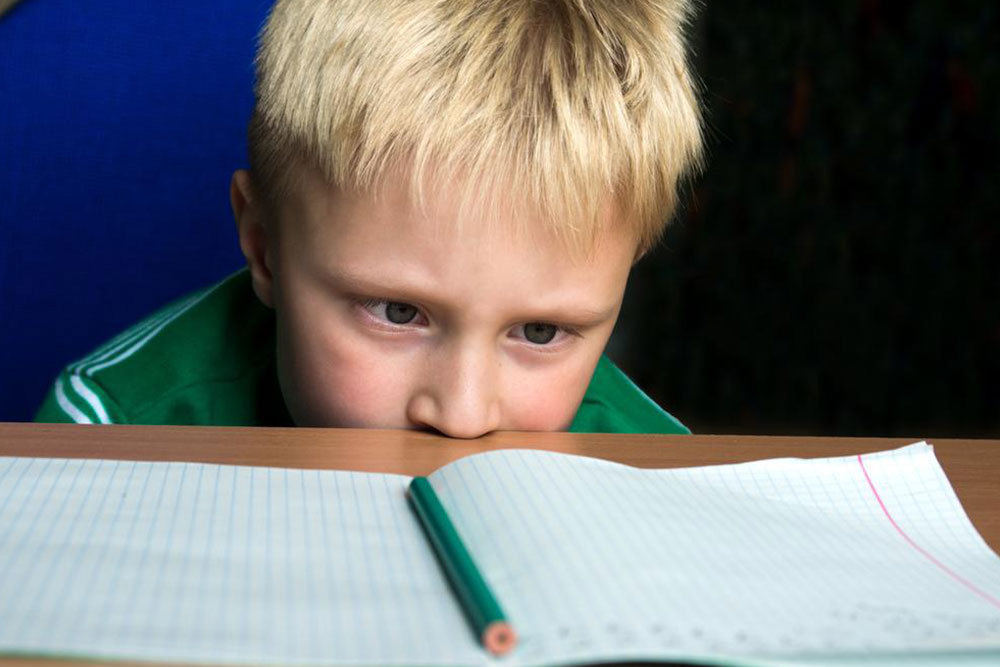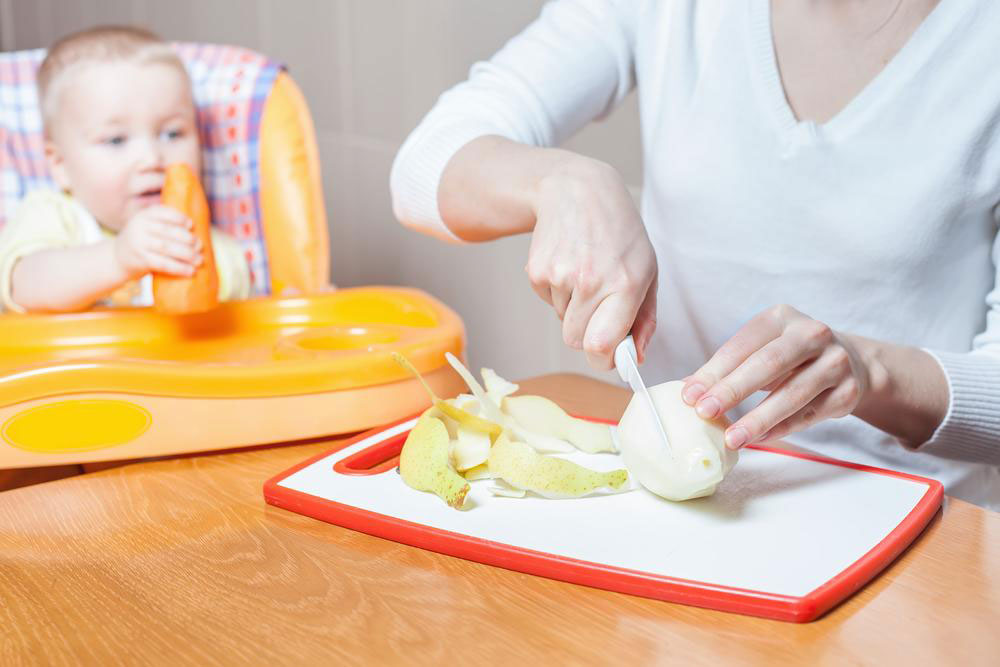Comprehensive Guide to Parenting Children with ADHD: Effective Techniques and Practical Tips
This comprehensive guide offers effective strategies and practical tips for parents raising children with ADHD. It emphasizes acceptance, positive reinforcement, structured routines, open communication, and collaboration with educators. The article aims to equip parents with the tools needed to support their child's emotional, social, and academic development, fostering a nurturing environment that promotes resilience and confidence. Recognizing the unique traits of children with ADHD and responding with patience and tailored approaches can lead to positive outcomes and happy, well-adjusted children.

Comprehensive Guide to Parenting Children with ADHD: Effective Techniques and Practical Tips
Parenting a child diagnosed with Attention Deficit Hyperactivity Disorder (ADHD) presents unique challenges and opportunities. It requires understanding, patience, and tailored strategies to support their behavioral, emotional, and developmental needs. While the core goal of parenting remains the same — to make your child feel loved, secure, and confident — children with ADHD often need extra guidance and specific approaches to thrive in their environments. This extensive guide explores evidence-based techniques, practical tips, and supportive practices that can help parents navigate the complexities of raising children with ADHD effectively.
Addressing the unique needs of children with ADHD involves adapting parenting styles to foster their strengths and manage their challenges. It is essential for parents to develop a deep understanding of ADHD, recognize their child's individual traits, and implement strategies that promote positive behavior, emotional stability, and academic success. Here, we present detailed advice for parents aiming to build a nurturing environment that combines patience, consistency, and encouragement.
One of the fundamental aspects of parenthood is accepting your child's individual differences. When it comes to children with ADHD, this acceptance must be paired with proactive strategies designed to support their growth. Understanding that ADHD is a neurodevelopmental condition impacting attention, impulsivity, and hyperactivity helps parents develop empathy and patience. Recognizing that each child with ADHD may display varying degrees of symptoms and behaviors is crucial in creating individualized plans that meet their needs.
These children often face Academic, social, and emotional hurdles that can affect their self-esteem and future success. Therefore, parents need to adopt an approach that emphasizes strengths while providing necessary assistance for overcoming difficulties. Here are some expanded, practical techniques and tips for nurturing a child with ADHD while fostering a positive and resilient mindset.
1. Embrace Your Child's Unique Traits and Quirks
Acceptance of your child's distinctive personality traits is an essential foundation in their development. Children with ADHD often exhibit behaviors that might seem disruptive or unusual but are part of their neurodevelopmental profile. Instead of criticizing or punishing these behaviors, parents should focus on understanding and accepting these traits as part of who their child is.
Positive reinforcement plays a critical role here. Celebrating their successes, however small, encourages a sense of achievement and boosts self-esteem. Recognizing their efforts rather than just outcomes helps children feel appreciated for their persistence. For example, praising a child for completing homework or behaving kindly in a social situation reinforces positive behavior patterns.
2. Build Trust and Foster Open Communication
Effective parenting involves active listening and creating a safe space for your child to express themselves. When your child faces academic or social challenges, rather than reacting with frustration or punishment, listen empathetically and seek to understand their perspective. Children with ADHD often struggle with communication and self-regulation, which can lead to misunderstandings.
By trusting your child's potential and maintaining a constructive dialogue, you enable them to develop their confidence and problem-solving skills. Encourage them to talk about their feelings and difficulties, and validate their experiences. Consistent, open communication also involves explaining instructions clearly, repeating important points, and providing reminders that help them stay focused and organized.
3. Implement Constructive Discipline Strategies
Discipline should be about guiding and teaching rather than punishing. Children with ADHD may have difficulty understanding the consequences of their actions, especially for minor mistakes, which can lead to frustration and act as barriers to learning.
Instead, adopt a discipline approach rooted in consistency and positive reinforcement. Use clear, simple rules and explain the reasons behind them. When they do well, reward their efforts with praise or small incentives. If correction is necessary, calmly discuss what behaviors need adjustment, and help them develop self-awareness. For example, if a child forgets to put away their toys, remind them gently and create habits that encourage responsibility.
4. Promote and Celebrate Positive Behaviors
Motivating children with ADHD often depends on recognizing and reinforcing their positive actions. Regularly acknowledge their efforts, no matter how minor, to help sustain their motivation. Celebrations can be verbal praise, rewards, or special privileges that reinforce desirable behaviors.
Being an example yourself is also very influential. Demonstrate patience, organization, and kindness in your daily routine. Your behavior can serve as a role model, encouraging your child to imitate these positive traits. Cultivating a supportive environment where achievements are recognized fosters resilience and a sense of belonging.
5. Establish Routines and Structure
Children with ADHD tend to thrive with predictability and routine. Establish a daily schedule that includes specific times for homework, play, meals, and bedtime. Visual aids such as charts or timers can be helpful in maintaining structure and giving your child a clear understanding of expectations.
Consistency reduces anxiety and helps children anticipate what comes next, which can minimize impulsivity and hyperactivity. Be flexible when necessary, but maintain a steady routine to provide security and stability.
6. Collaborate with Educators and Support Systems
Working closely with your child's teachers, school counselors, and support staff ensures a cohesive approach to managing ADHD behaviors across settings. Communicate regularly about your child's progress and challenges. Advocate for accommodations or modifications in school, such as extra time for assignments or seating arrangements that reduce distractions.
Engaging experienced professionals or joining support groups for parents can also provide valuable insights, emotional support, and practical advice to enhance your parenting strategies.
7. Prioritize Self-Care and Seek Support
Caring for a child with ADHD can be demanding and emotionally taxing. It's essential for parents to also prioritize their mental and physical well-being. Taking time for self-care, seeking counseling if needed, and building a support network can improve resilience and effectiveness in parenting.
Remember, parenting is a journey that requires patience, flexibility, and continual learning. Celebrating progress and accepting imperfections help sustain your commitment to nurturing your child’s growth.
Ultimately, raising a child with ADHD can be incredibly rewarding when approached with understanding and effective strategies. By creating a supportive environment rooted in love, patience, and consistency, parents can empower their children to develop resilience, confidence, and the skills necessary for success in life.





